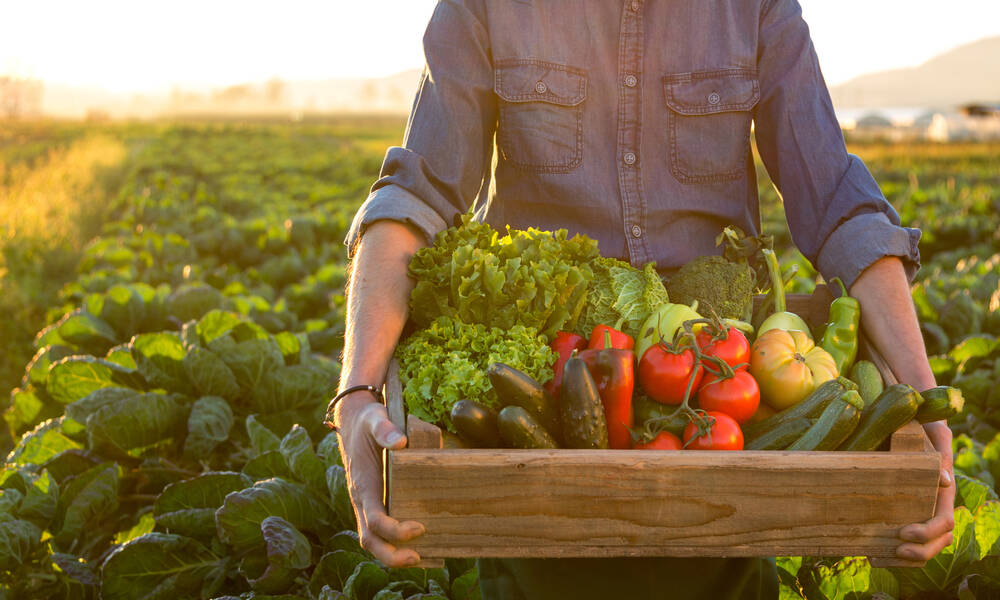
Two Years in the Making: Organic Trade Association Launches Anti-Fraud Program
The association’s new Organic Fraud Prevention Solutions program, finally out in the wild after a multiyear warmup period, aims to pinpoint potential cases of fraud in the organic supply chain.
With a couple of years of development at its back, the Organic Trade Association’s efforts to fight fraud are ready for prime time.
OTA recently released its fully tested Organic Fraud Prevention Guide, an initiative that aims to strengthen the authority of the USDA’s organic seal by underlining the trust behind it. The association has worked with a variety of members to help forge the standards and pilot the program, with the goal of building something the whole industry can follow.
“Everyone has a role in organic fraud prevention. It is critical that producers, handlers, processors, distributors, traders, and holders of organic brands have systems and measures in place that adequately support the promise of providing organic food that people can trust,” the organization states in the guide [PDF]. “This Best Practices Guide, as adopted by businesses engaged in organic trade, will become the industry standard reference for achieving integrity across complex organic supply chains.”
The initiative comes at a time when organic foods are becoming a larger part of the American diet—per a news release from last year, organic foods made up 5.5 percent of foods sold in the retail market, and grew by 6.4 percent in 2017—far above the overall food market, which grew at a 1.1 percent rate.
So far, 10 companies have taken part in the initiative. Among them: J.M. Smucker Co., Stonyfield, and Organic Valley. And the verification process isn’t limited to food, either, by the way: A mattress company, Naturepedic Organic Mattresses, is among OTA’s verified firms. Speaking to Food Business News, OTA CEO Laura Batcha emphasized that fraud is a front-of-mind issue for the industry, and something that the trade group has pledged to stay in front of.
“We are fighting fraud on many fronts, including through the 2018 farm bill and through private sector initiatives,” Batcha told the outlet. “The more companies that join this industry-driven program, the stronger the organic supply chain will be.”
The association has maintained a strong industry presence in recent years: Beyond the fraud initiative, it launched an alternative to a federally managed checkoff program last fall, after the U.S. Department of Agriculture decided not to manage the process itself.
(alle12/E+/Getty Images Plus)






Comments